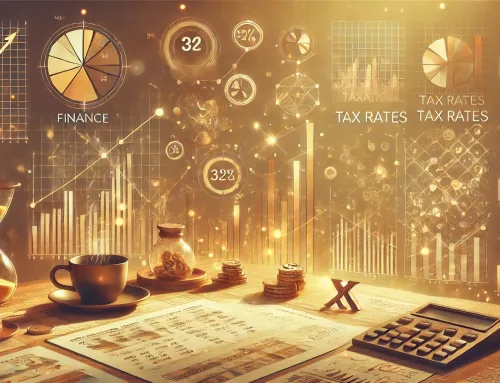September 26, 2023
Goldman Sachs reports that credit card companies are facing their most significant losses in nearly three decades, except for during the Great Financial Crisis. Although credit card losses hit a low point in September 2021, they have been steadily climbing since the first quarter of 2022, marking a trend reminiscent of the 2008 recession.
The situation is expected to worsen, with current losses at 3.63%, up by 1.5 percentage points from the low point. Goldman Sachs anticipates another 1.3 percentage point increase, bringing losses to 4.93%. This concerning trend coincides with Americans collectively owing over $1 trillion on their credit cards, a record high as reported by the Federal Reserve Bank of New York.
Analyst Ryan Nash predicts that delinquencies may persist beyond seasonal patterns, potentially continuing until the middle of the following year, with losses not reaching their peak until late 2024 or early 2025 for most issuers.
What makes this situation unusual is the acceleration of losses occurring outside of an economic recession. Historically, three out of the last five credit card loss cycles were associated with recessions. The remaining two, in the mid-’90s and from 2015 to 2019, transpired during non-recessionary periods. Nash relies on historical patterns to forecast further losses.
According to Nash, the current cycle resembles the late 1990s and the 2015 to 2019 cycle, both of which followed periods of robust loan growth and exhibited a similar pace of normalization. Additionally, past data shows that losses typically peak six to eight quarters after loan growth reaches its zenith. This implies that the credit normalization cycle is only halfway through, supporting the late 2024 to early 2025 prediction.
Source: CNBC
Legal Notice: The information in this article is intended for information purposes only. It is not intended for professional information purposes specific to a person or an institution. Every institution has different requirements because of its own circumstances even though they bear a resemblance to each other. Consequently, it is your interest to consult on an expert before taking a decision based on information stated in this article and putting into practice. Neither Karen Audit nor related person or institutions are not responsible for any damages or losses that might occur in consequence of the use of the information in this article by private or formal, real or legal person and institutions.






